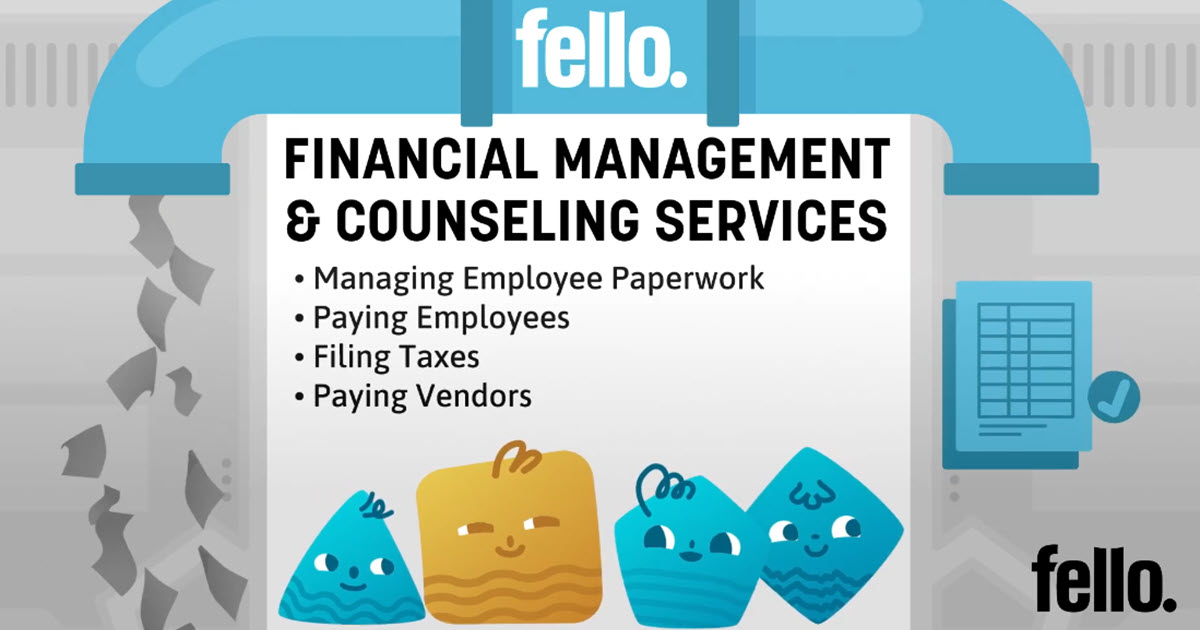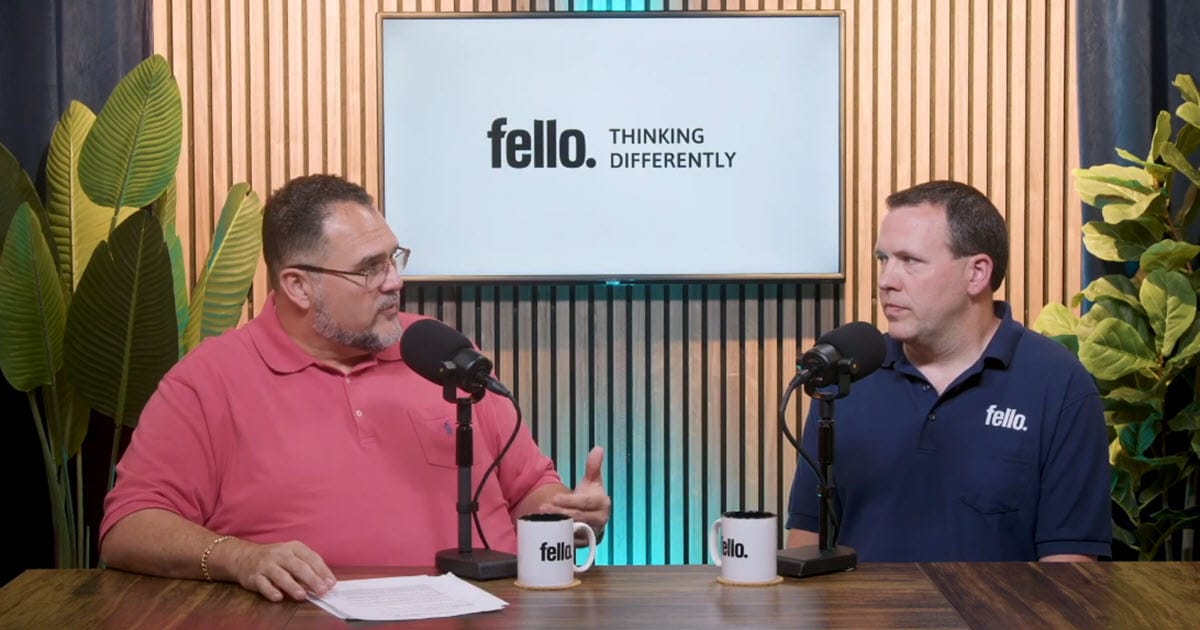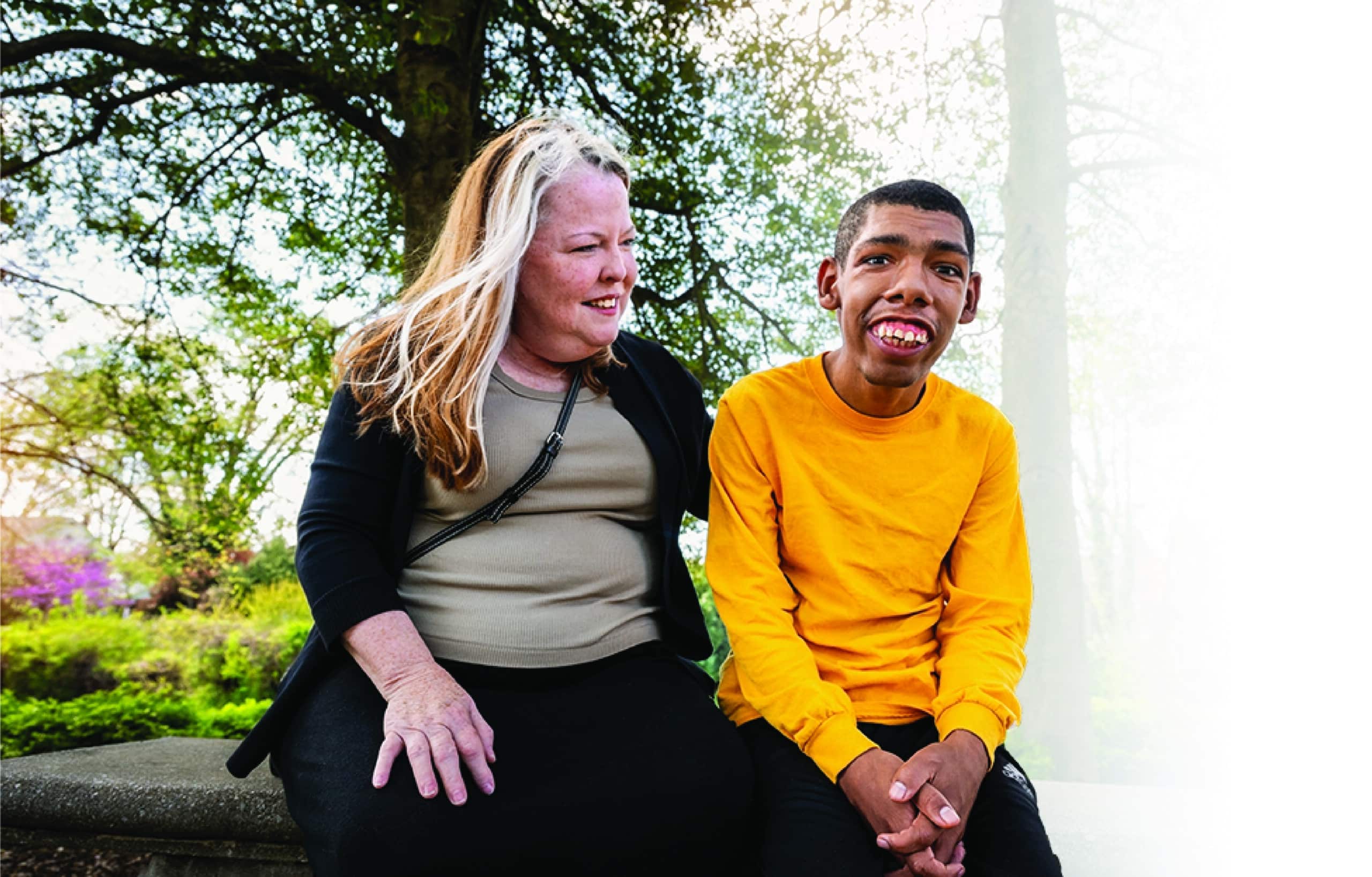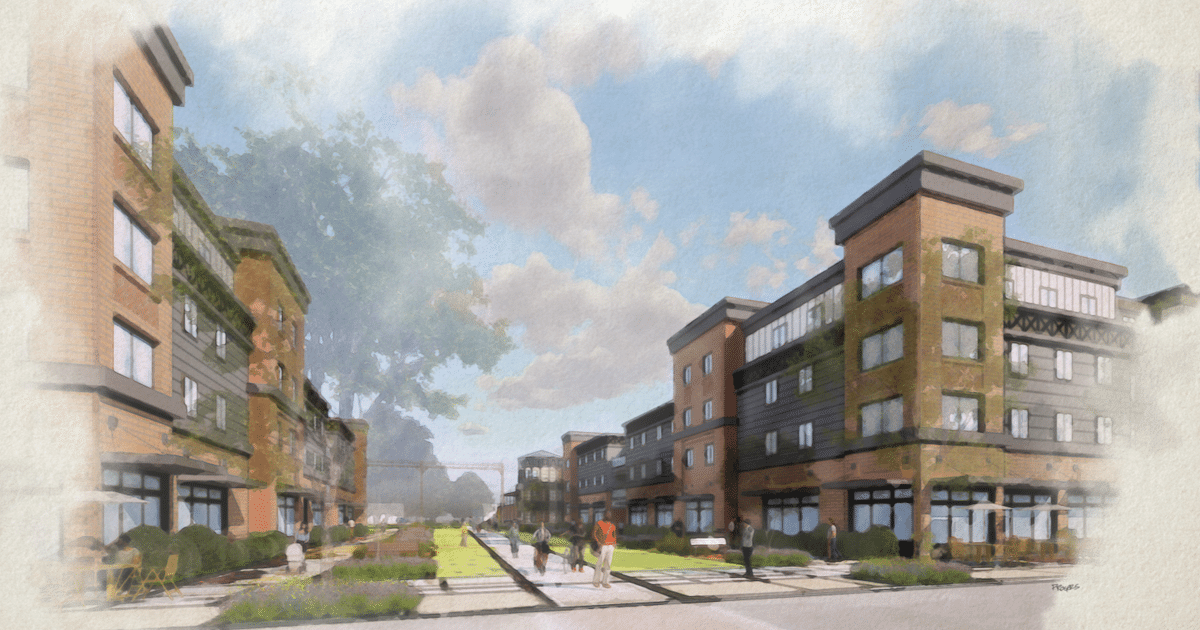At Fello, person-centeredness isn’t just something we say, it’s how we show up, every single day. It’s about creating space for people to live the lives they want, with the support they need to get there.
In the second episode of Fello Thinking Differently, our own original podcast, we dig into this foundational principle with Matt Morgan, Fello’s Chief Program Officer. Matt brings decades of experience to a thoughtful conversation about what it really means to put people first in every situation.
If you’ve ever wondered what “person-centered” means in practice, this episode is a great place to start.
🎧 Listen to Episode 2: Putting People First
What is Person-Centeredness, Really?
At its core, person-centeredness is about focusing on what truly matters to the people we support and allowing them to make their own decisions. Rooted in the self-determination movement of the 1980s, this philosophy continues to shape disability services and evolve.
As Matt puts it:
“We’re not here to control people or make decisions for them. We’re here to create space for people to be who they want to be, and to give them the support they need to get there.”
Person-centeredness is about supporting someone to make a choice, not deciding for them. Being person-centered requires asking better questions, listening more deeply, and respecting people’s boundaries and wishes, whether you agree or disagree with their choice.
Every adult is free to make their own choices about their life, and part of person-centeredness is making sure adults with disabilities are free to make their own informed choices, too.
In every space, the goal is the same: create room for people to make real choices, take meaningful risks, and build lives that reflect who they are. That belief changes everything. It means we center relationships over routines.
That’s how we build trust, connection, and belonging. And it’s the foundation of how we do our work.
Delivering Person-Centered Services Starts with Our Team
At Fello, we hire for person-centeredness. We look for people who lead with empathy, curiosity, and humility and who reflect our core values.
“You can tell pretty quickly when talking to people whether they understand the concept of person-centeredness and whether they align with Fello’s philosophy,” says Matt. “People can sometimes be very paternalistic when it comes to people with disabilities, but being person-centered is about that person making their own decisions with support.”
Person-centeredness is both a mindset and a skill set. It’s something we’re always evolving, strengthening, and practicing together.
When everyone is aligned in that belief, person-centeredness becomes second nature. It becomes how we show up every day.
Thinking Differently Sets Fello Apart
Services for people with disabilities are often built around systems, compliance, or convenience, not around people. “Many of the issues we face in this field are decades-old problems, and we’re not going to solve them with the same old thinking,” says Matt.
At Fello, we lead with people. We believe:
- People are the experts in their own lives.
- Support must evolve as people grow.
- Life looks different for everyone, and our work should reflect that.
Because of our approach, we measure success by what matters most to the person, not what’s easiest to deliver.
Keep Listening, Keep Learning
Person-centeredness is a constant pursuit. At Fello, we’re always learning, evolving, and challenging ourselves to do better.
Want to hear more about how person-centered thinking comes to life at Fello? Tune into Episode 2 of Fello Thinking Differently and join us as we continue to explore bold ideas, better ways, and what it truly means to build community together.








